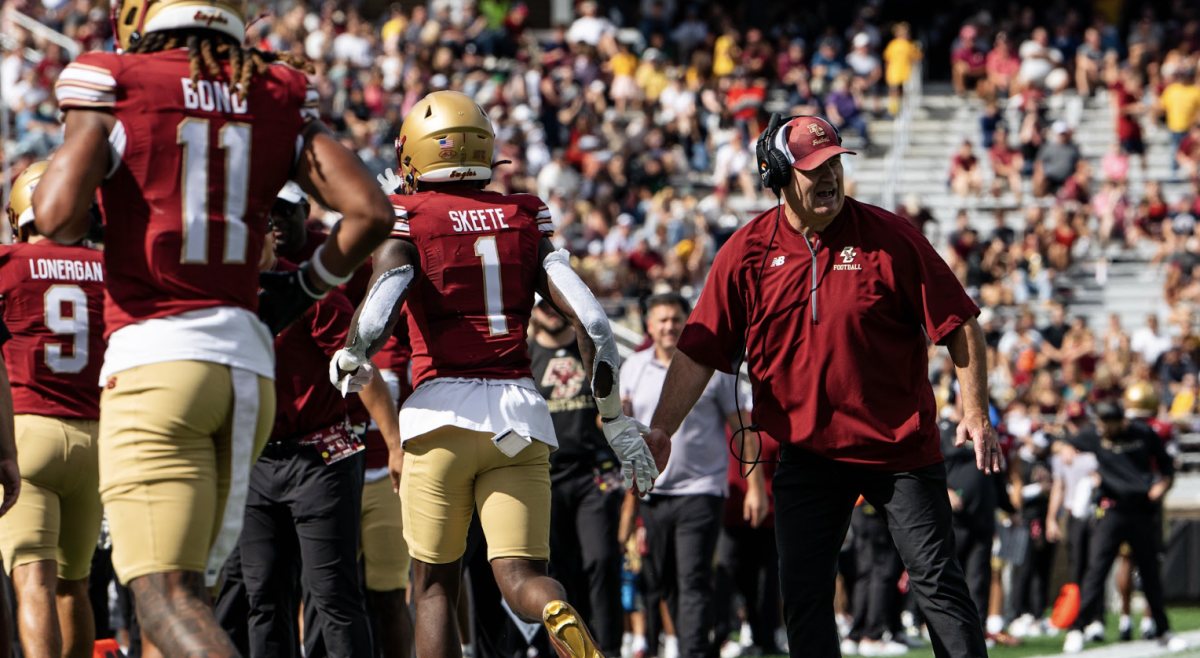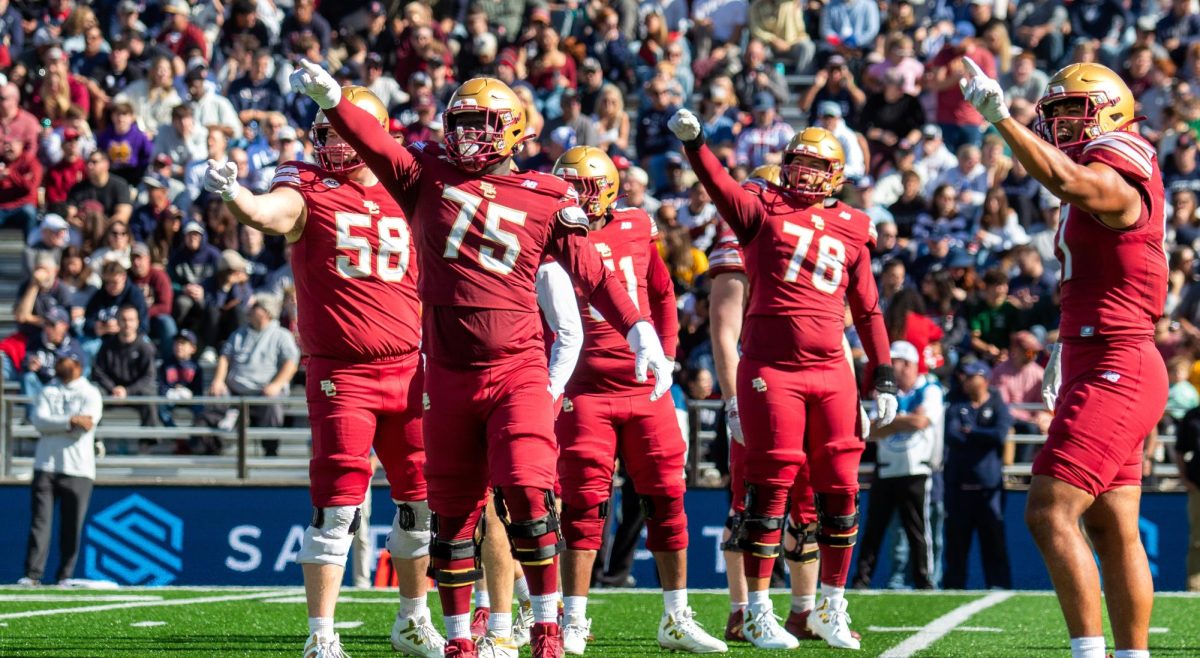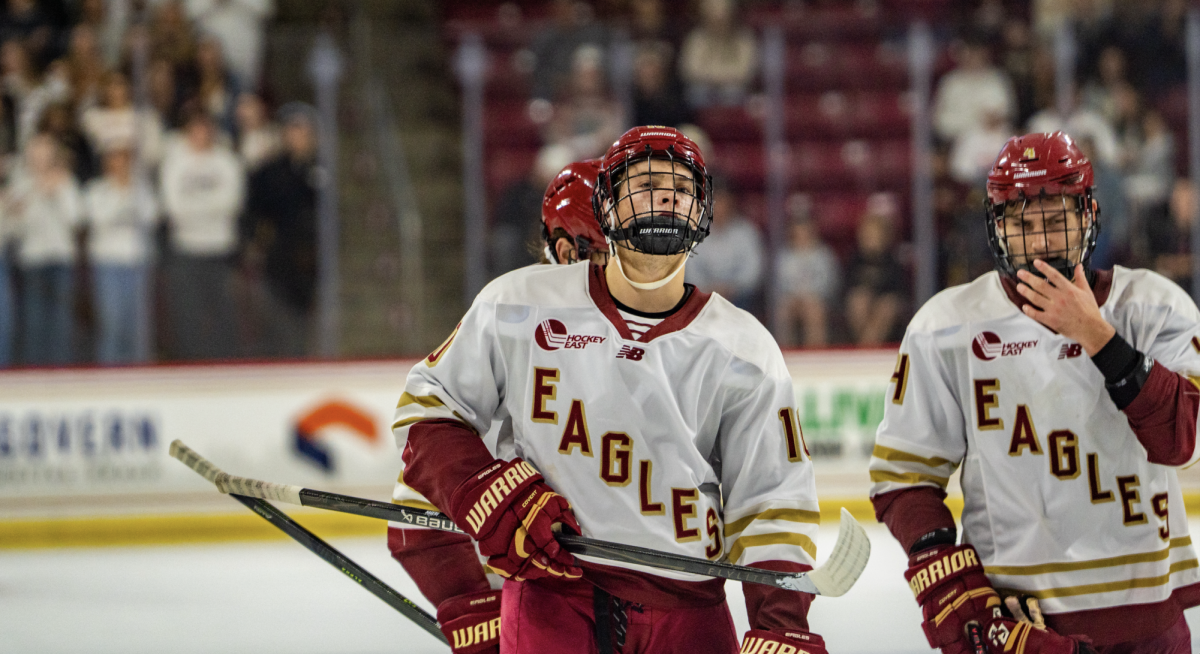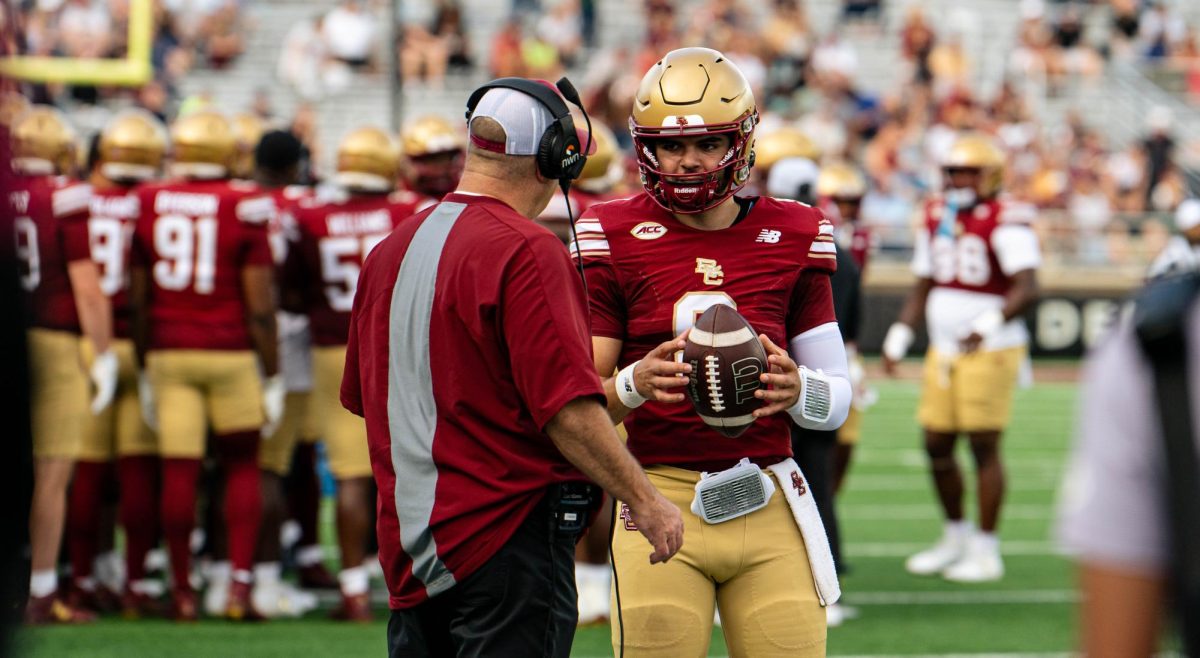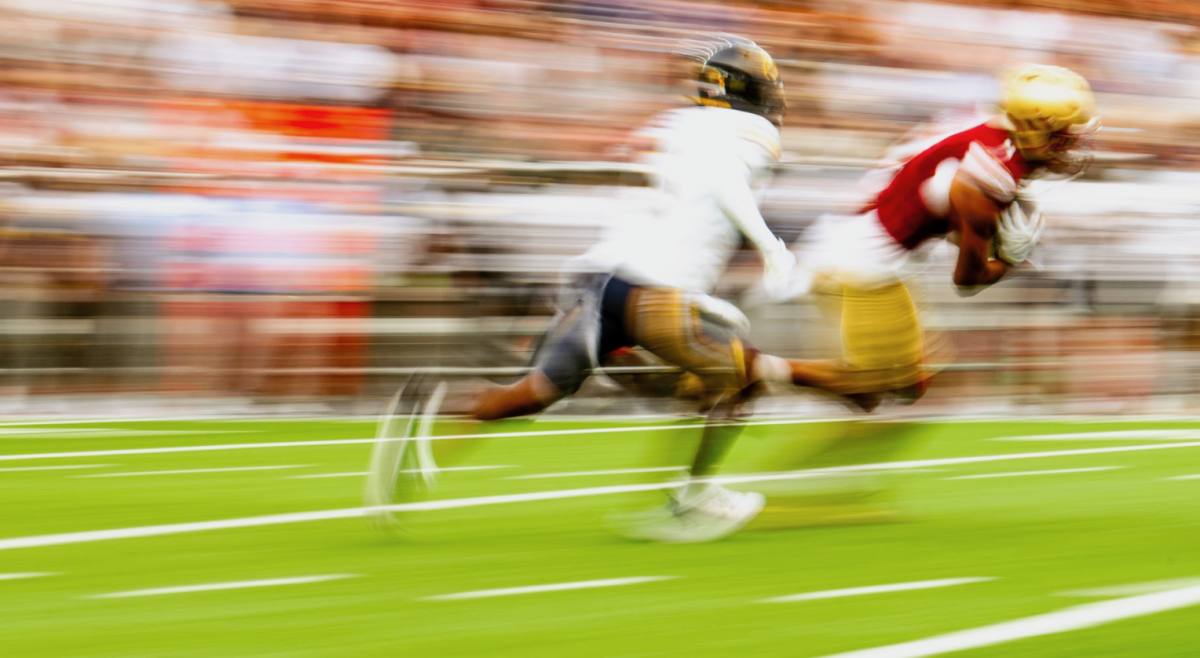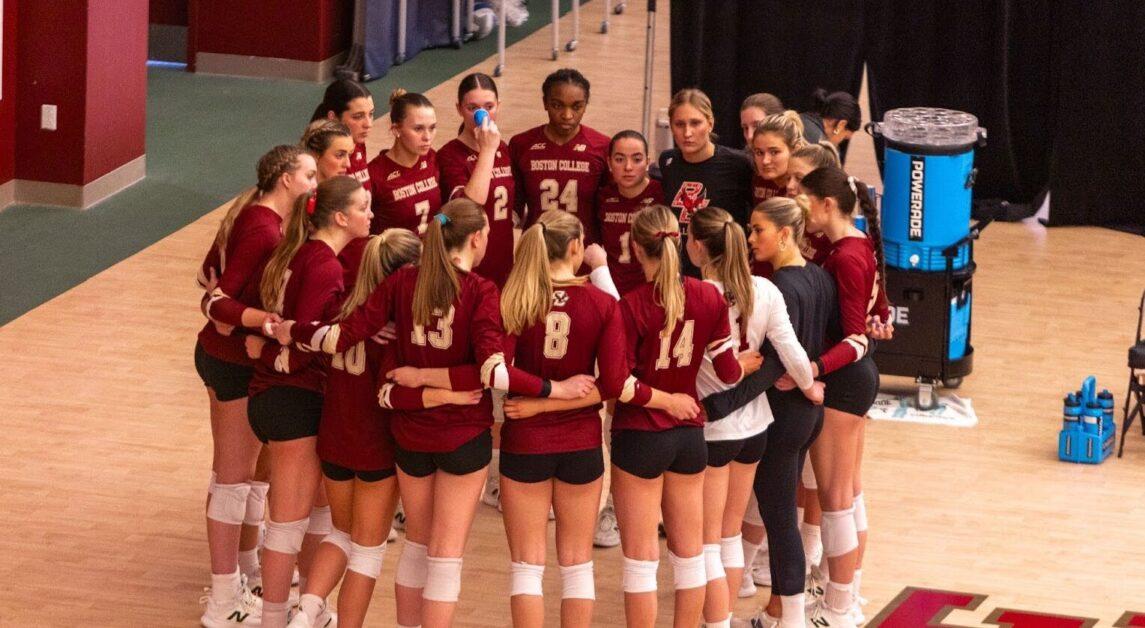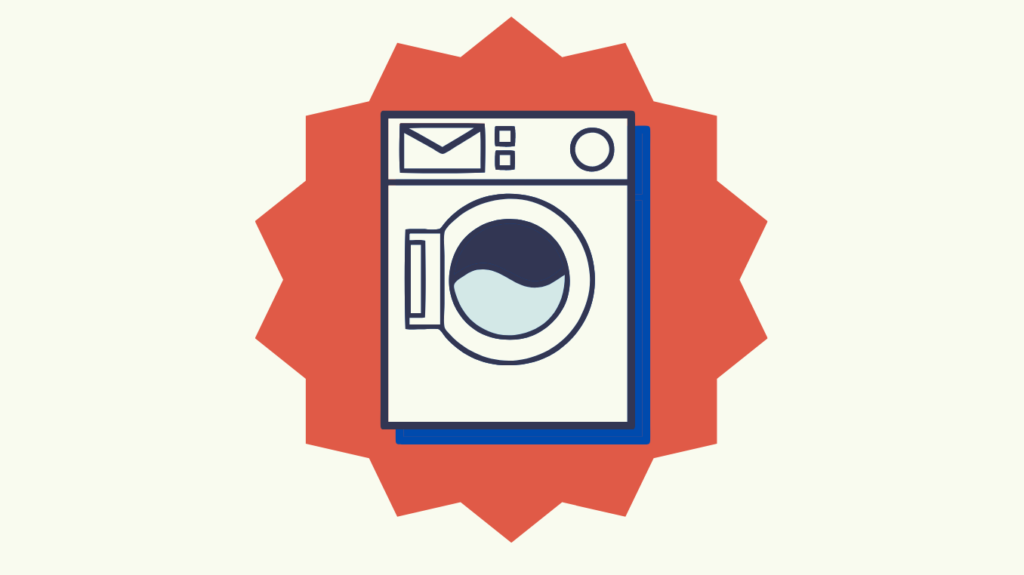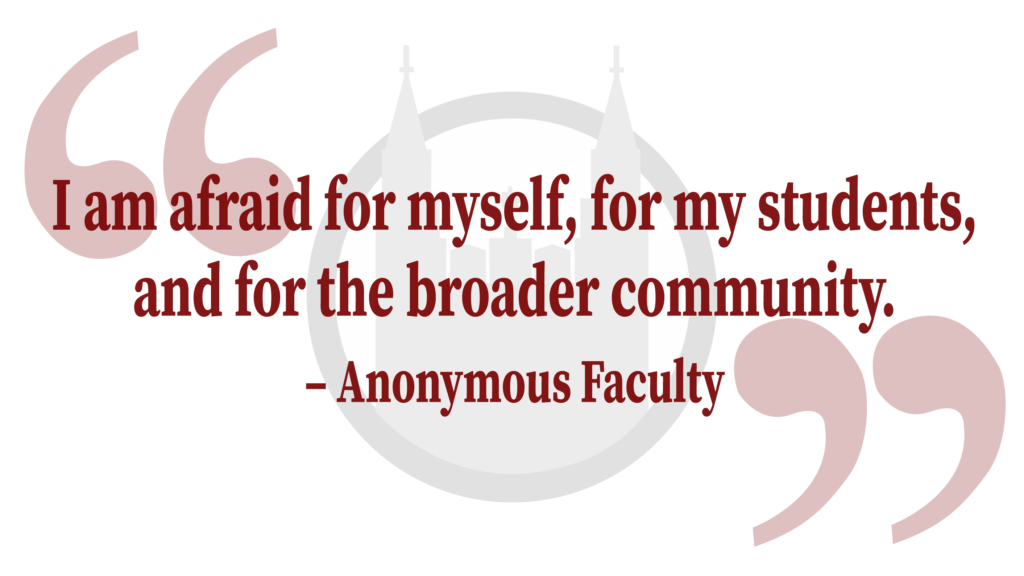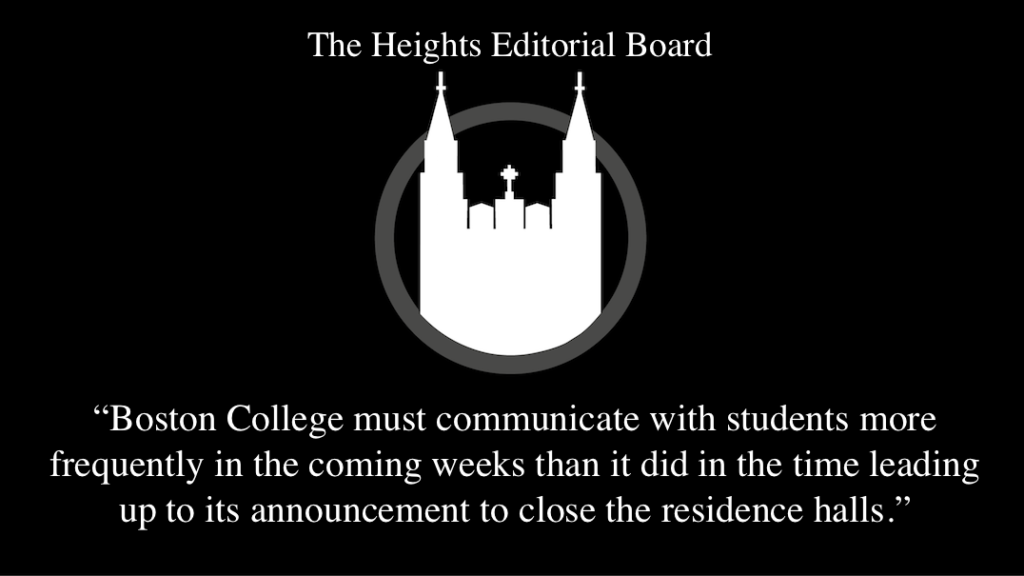“Republicans buy sneakers, too.”
That was Michael Jordan’s reported response when asked why he wouldn’t endorse black Democratic candidate Harvey Gantt in a 1990 North Carolina Senate race. His Airness, like most athletes in the ’80s and ’90s, preferred to stay out of politics to protect his image and assets. After all, sponsors didn’t want the posterboy of their brand to “offend” any customers.
Jordan accomplished his mission. Republicans—well, everybody—bought plenty of sneakers. His net worth currently rests at an easy $1.14 billion. And the legend and mystique surrounding his career hasn’t subsided, a full 13 years after his retirement.
Somewhere out there, Muhammad Ali is turning in his grave. After refusing to serve in the Vietnam War on grounds of pacifism, the boxing legend teamed up with Lew Alcindor, Jim Brown, Bill Russell, Carl Stokes, and more in a public show of support later dubbed the “Ali Summit.” As William C. Rhoden of the New York Times wrote in 2014, “the moment itself would be remembered as the first—and last—time that so many African-American athletes at that level came together to support a controversial cause.”
Over the past two years, though, the sports world has seen signs of a resurgence in athlete activism. LeBron James protested the police-related deaths of Trayvon Martin and Eric Garner, and most recently stood on the ESPYs stage with Chris Paul, Carmelo Anthony, and Dwyane Wade to speak about violence and race in America. The WNBA’s Minnesota Lynx donned Black Lives Matter shirts during warm-ups in July. Colin Kaepernick, among others, has owned headlines in September for kneeling during the national anthem to draw awareness to recent acts of police brutality. Most recently, the NCAA pulled seven championship events out of North Carolina due to HB2, a bill regarding LGBTQ rights—or lack thereof—in the state.
What began with Ali’s draft deferment and the 1968 Olympic Black Power salute—and subsequently gave way to a decades-long absence of political protest in sports—is finally giving birth to a new movement. If the iconic sports demonstrations during the Civil Rights Movement marked the Golden Age, then we have officially entered the Renaissance of athlete activism.
So what does this mean for the average sports fan in today’s tumultuous climate?
One common response to athletes’ speaking up on social issues has been “stick to sports.” But playing sports doesn’t disqualify one’s opinion. Moreover, what profession makes someone an expert on social issues? One glance at the current presidential election shows that the answer is not politicians. And a further probe into the history of athlete activism only reveals the potential impact it can have on politics, like Ali & Co. with the Civil Rights Movement.
Another reaction in the wake of Kaepernick’s protest has been to discredit him because of his wealth and status as a backup quarterback. Former quarterback and human big toe Trent Dilfer offered his take, saying, “This is a backup quarterback whose job is to be quiet and sit in the shadows and get the starter ready to play Week One.” But his money and backup status are precisely what made his stand so gutsy and risky. Money and endorsements are on the line—just ask the Broncos’ Brandon Marshall, who knelt during the anthem last week and immediately lost two sponsors. Plus, as a second-string quarterback, Kaepernick now has less leverage than ever. It doesn’t take much controversy to make a non-starter an inconvenience, unnecessary baggage for the team.
It’s a reality that black athletes have faced for decades: speaking out in a game largely owned, regulated, and financed by white spheres can have severe consequences. Basketball and football have enough black superstar power to structure significant demonstrations, but baseball? Well, America’s pastime remains “a white man’s sport,” according to Orioles center fielder Adam Jones.
While the hot-button issue in North Carolina is part of a separate issue from the ones described above, it is no less important. You may have heard of it as the “Bathroom Bill.” But it’s so much more than that. Under the legislation, employees can be fired because they are gay or transgender. The new law also repealed local mandates that called for expanded rights for gay and transgender citizens. The ACLU called the bill the most extreme anti-LGBT measure in the country.
In response to HB2, the NBA announced it would move the 2017 All-Star Game from Charlotte, costing the city an estimated $100 million. On Monday, the NCAA doubled down and removed seven championship events from North Carolina, including March Madness contests. The ACC followed suit on Wednesday by changing the location of the football title game from Charlotte’s Bank of America Stadium, representing another loss of at least $30 million from the local economy. For a state that practically worships college sports, the blows were swift and brutal.
Critics of the NCAA and ACC’s decision echo the complaints of Kaepernick detractors: keep politics out of sports. It distracts from the game, they say.
But let’s not forget that—as fun as it is for Bostonians to pray to Brady on Sundays and for me to exalt Steph Curry as a Bay Area demigod—sports are merely a distraction from everyday life. The intersection of sports and politics is as lively as ever because of divisive politics and fed-up constituents, some of whom happen to be athletes with an immense platform.
Thankfully, the idea of the model athlete is changing. Whereas fans used to reward athletes like Jordan for distancing themselves from politics (93 percent likeability rating), they are now starting to accept athletes who use their platforms to voice their opinions. Despite the backlash to Kaepernick’s protest, he became the NFL’s top jersey-seller for the first week of September. Kaepernick may have been cut by his team and chastised by most fans had he done this 30 years ago. Instead, by one measure, it made him the most popular (if also polarizing) player in the league.
Like it or not, the days of athlete isolationism is over. The renaissance is here. Will Kaepernick be remembered as a DaVinci for challenging the status quo, or fade from the memories of sports fans like most backup quarterbacks? I don’t know, and frankly, it doesn’t matter. What matters is that the conversation, sparked by Ali and continued by LeBron and Kaepernick, rages on.
Featured Image by Abby Paulson / Heights Editor

